Taliban capture key dam in Kandahar as fighting rages across Afghanistan
The Taliban have captured Afghanistan's second-biggest dam after fierce fighting in their former bastion of Kandahar as militants step up raids around the war-torn country following a missed US troop withdrawal deadline for May 1.
Local officials said on Thursday that Dahla Dam in Arghandab district, which provides irrigation to farmers via a network of canals as well as drinking water for the provincial capital, was now under the Taliban control.
Haji Gulbuddin, the governor of an adjacent district, confirmed that government forces had lost the dam to the Taliban.
"Our security forces... asked for reinforcements but they failed to get it," he said.
Taliban spokesman Qari Yousuf Ahmadi said the the group had seized the strategically important dam after violent clashes in the southern province.
Tooryalay Mahboobi, the Kandahar water department chief, said the Taliban had recently warned Dahla employees not to go to work.
Last month, the militants blew up a bridge that connected the dam to adjacent districts.
Dahla was built nearly 70 years ago to provide water for irrigating land in about seven districts of Kandahar.
The dam's capture comes after clashes erupted in neighboring Helmand province where Afghan security forces have attempted to confront a huge Taliban offensive over the past few days. Thousands of people have fled their homes amid the clashes.
Helmand has been the opium-growing desert province where US and British forces suffered the bulk of their losses during the 20-year war on Afghanistan.
The Afghan Defense Ministry recently said that the government forces had been responding to assaults by the Taliban in at least seven provinces.
Since a withdrawal deal was struck between the Taliban and the United States, the militants have not directly engaged the US-led foreign troops, but have mercilessly attacked government forces across the country.
Under an agreement that was reached between the Taliban and the administration of former US President Donald Trump in Qatar last year, foreign forces were to have left Afghanistan by May 1.
US President Joe Biden has pushed back the May 1 deadline, however. Secretary of State Antony Blinken has also said the withdrawal does not mean the United States will "leave" Afghanistan.
The Taliban have issued a warning, pledging to attack US troops if they do not withdraw.
The US Air Force, however, has confirmed deploying additional B-52H Stratofortress strategic bombers to Qatar, saying they would help ensure an "orderly" withdrawal from Afghanistan.
The US invaded Afghanistan in 2001 under the banner of fighting terrorism. The invasion toppled a Taliban regime, but the group never stopped its attacks and went from strength to strength over the years.
Gen. David Petraeus, who led the US and allied forces in the region for years, recently stated that America's longest war in Afghanistan is not going to end any soon.
In an interview with France 24 on Tuesday, Petraeus said President Biden's decision to withdraw US troops from the war-torn country by September 11 will neither end the war nor stop American meddling in the country.
Afghan journalist shot dead in Kandahar
On Thursday, Kandahar city police spokesman Jamal Nasir Barekzai said a high-profile Afghan television journalist was shot dead in the southern city.
Nemat Rawan, a former host with the country's leading broadcaster Tolo News, was "assassinated by unknown gunmen".
"Heartbreaking to hear that a friend and former colleague Nemat Rawan was shot dead in Kandahar city today," head of Tolo News Lotfullah Najafizada said.
There was no immediate claim of responsibility for the attack, but the Taliban have been blamed for a wave of assassinations targeting journalists in recent months.
The group has warned that media workers who carry out "biased reporting" would be "held responsible".
Abdullah Abdullah, the head of the country's peace council, on Thursday denounced the Taliban's threat against the media and "any attempts to silence Afghan journalists".
Rawan was until last month a popular talk show host before joining the ministry of finance as a communications specialist.
At least 11 Afghan journalists were killed in 2020, with four more reportedly murdered this year.
In early March, three female media workers were gunned down in the eastern city of Jalalabad.
Hundreds of Afghan media workers have left their jobs in the past six months. Several journalists, activists and judges have for months been the target of bombings and shootings.
Afghanistan has long been ranked as one of the most dangerous countries in the world for journalists.
VIDEO | Press TV's news headlines
Iran FM: Response to Israeli aggression 'inevitable'
VIDEO | Iran eases the rules for exporting hand-woven carpets
VIDEO | Intl. Day for the Elimination of Violence against Women: A stark reminder of Gaza women
Australia denies ex-Israeli minister Shaked visa
VIDEO | 85% of Yemeni displaced people face daily hunger crisis
US House passes bill targeting charities and pro-Palestine groups
VIDEO | Supporting Gaza genocide



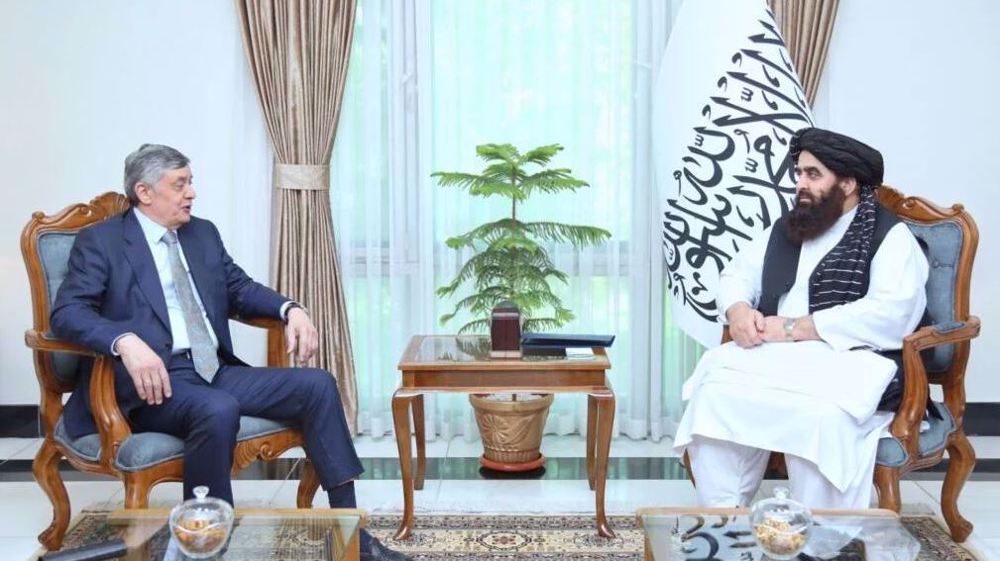
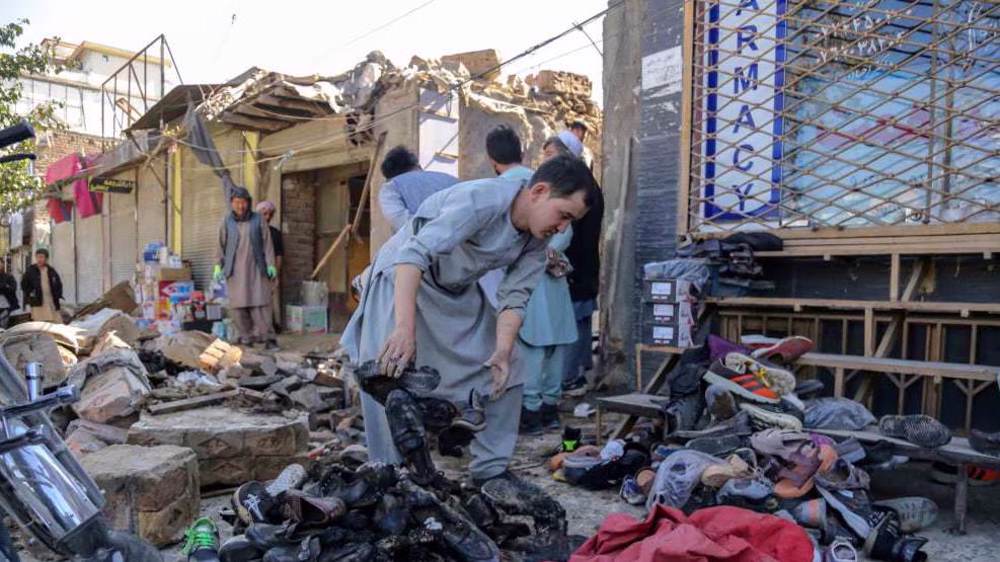
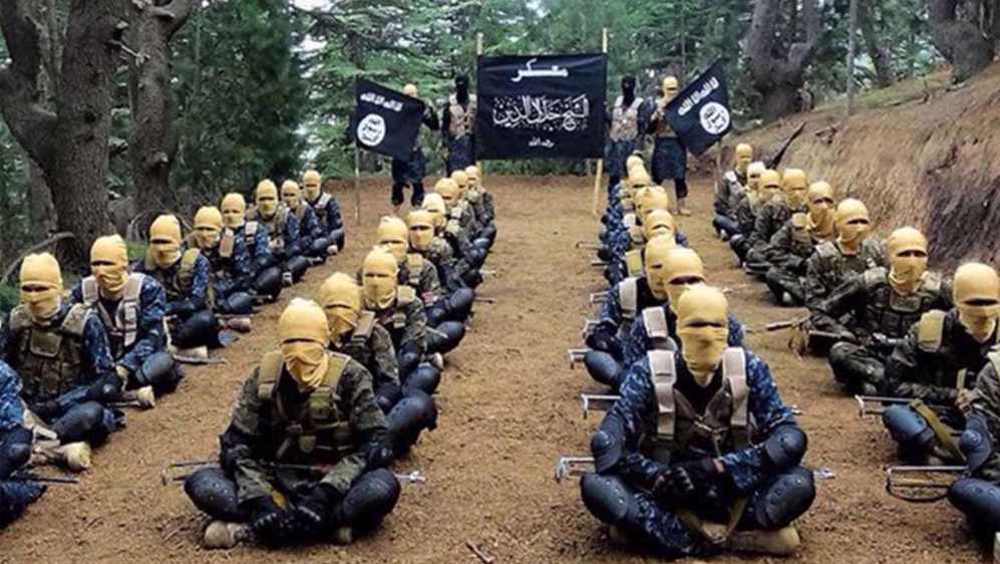



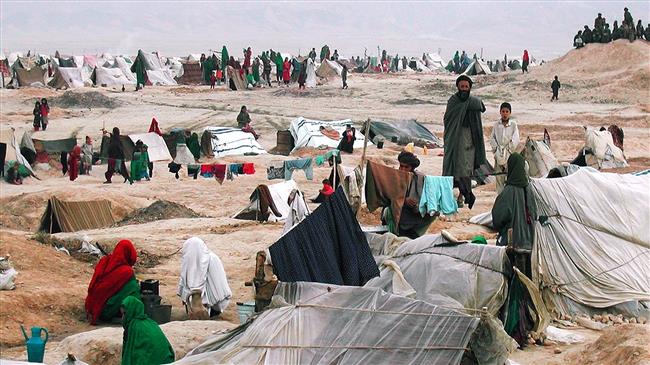
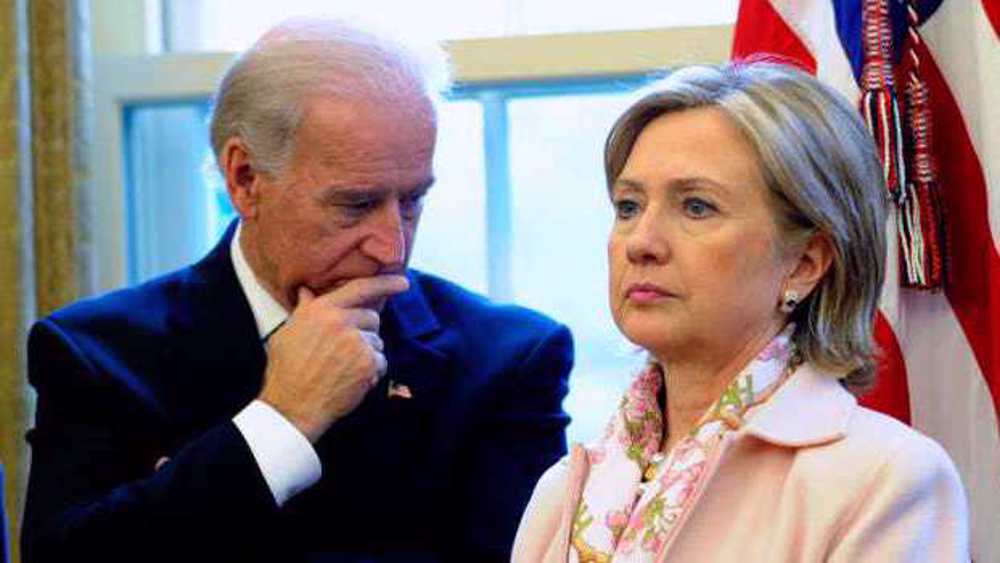
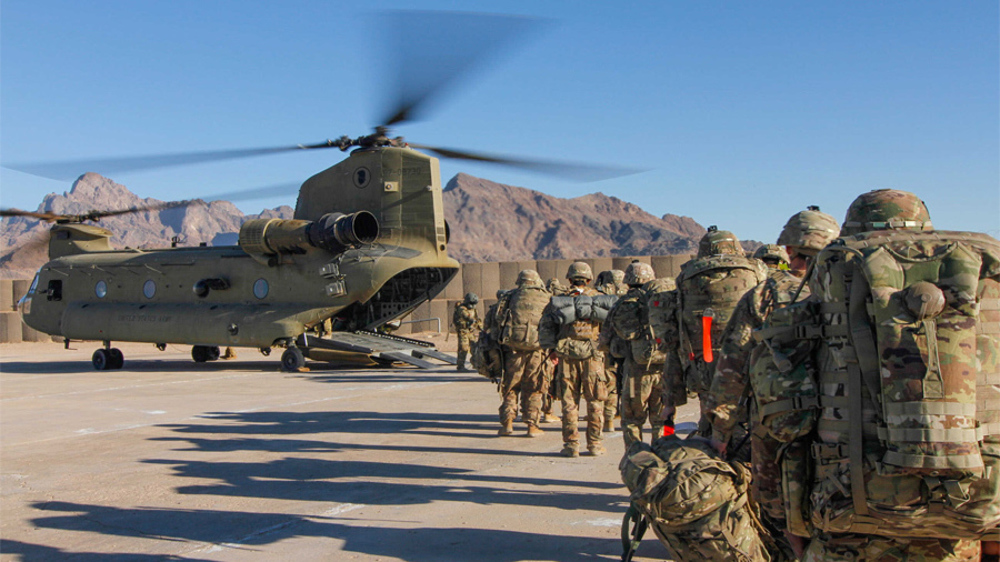
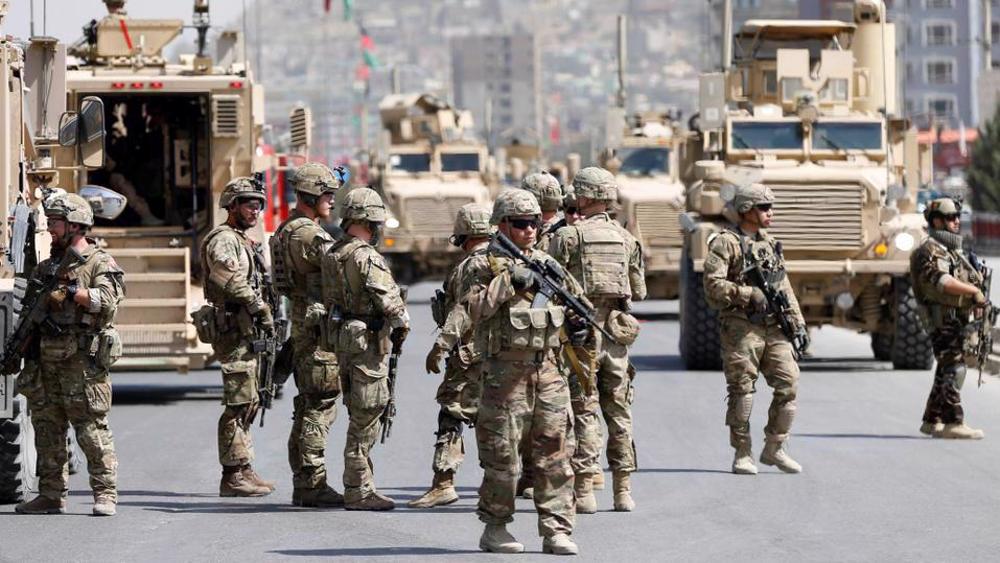
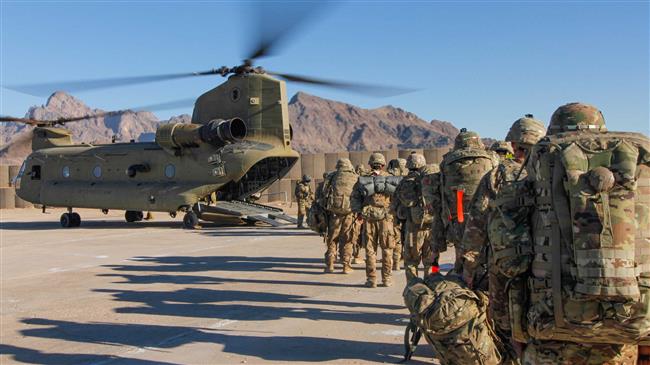
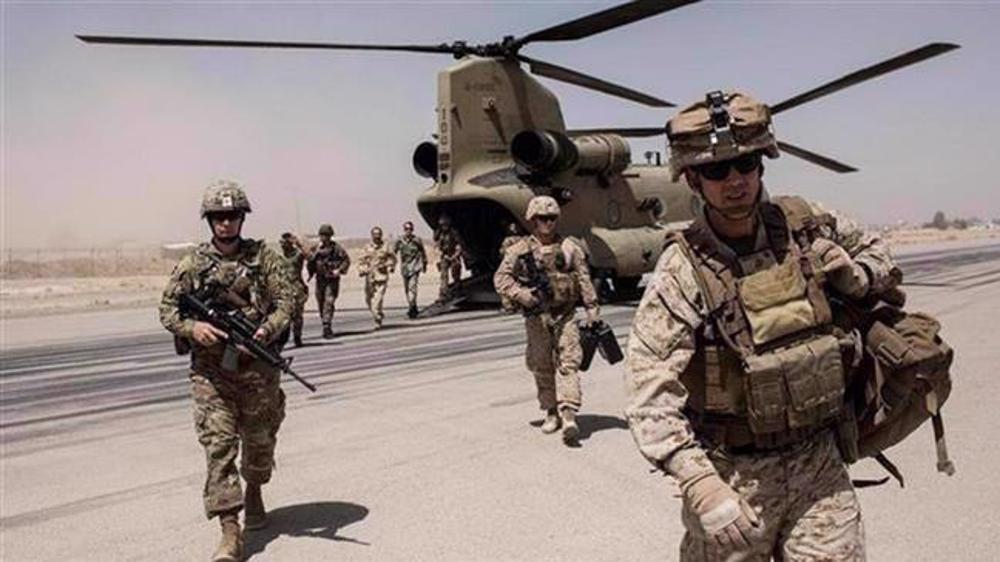
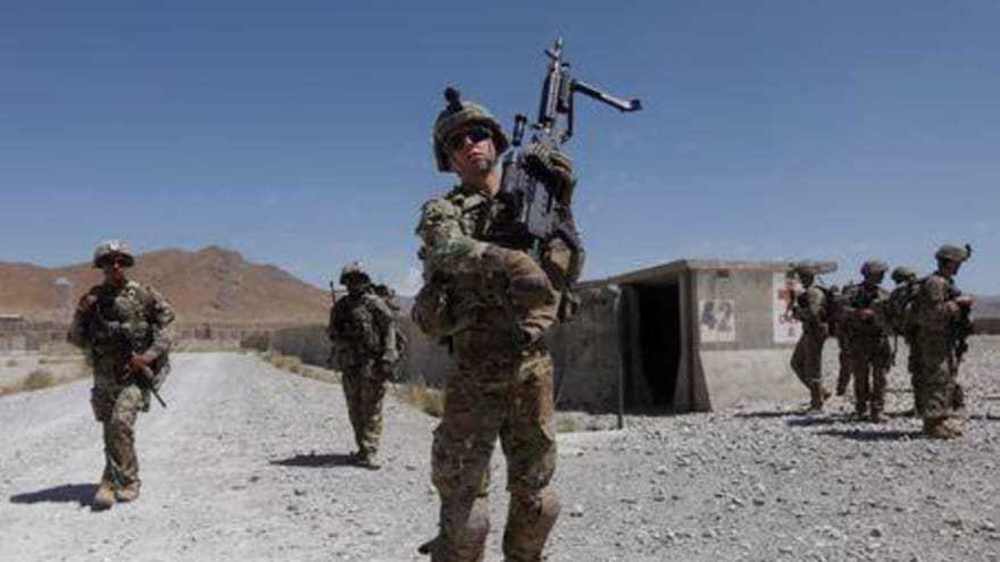
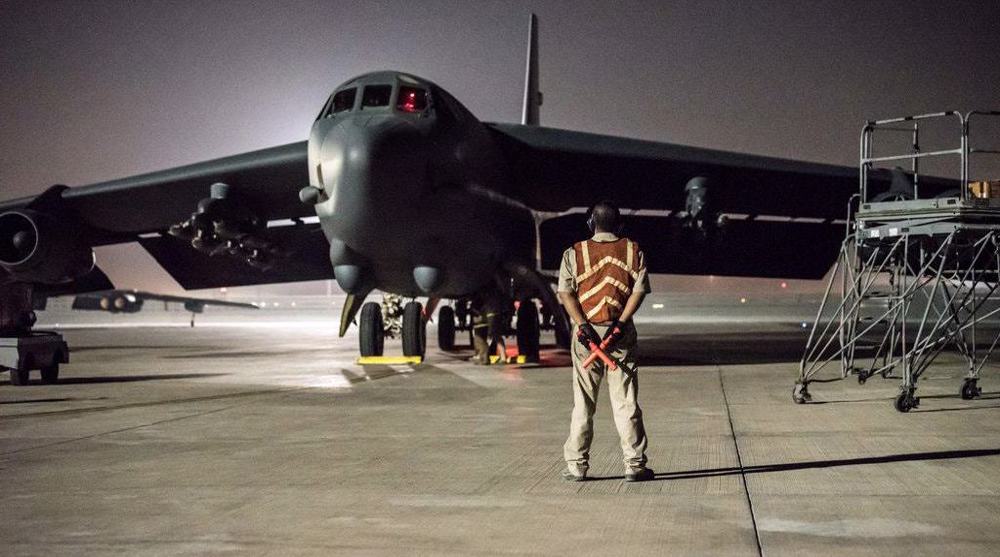
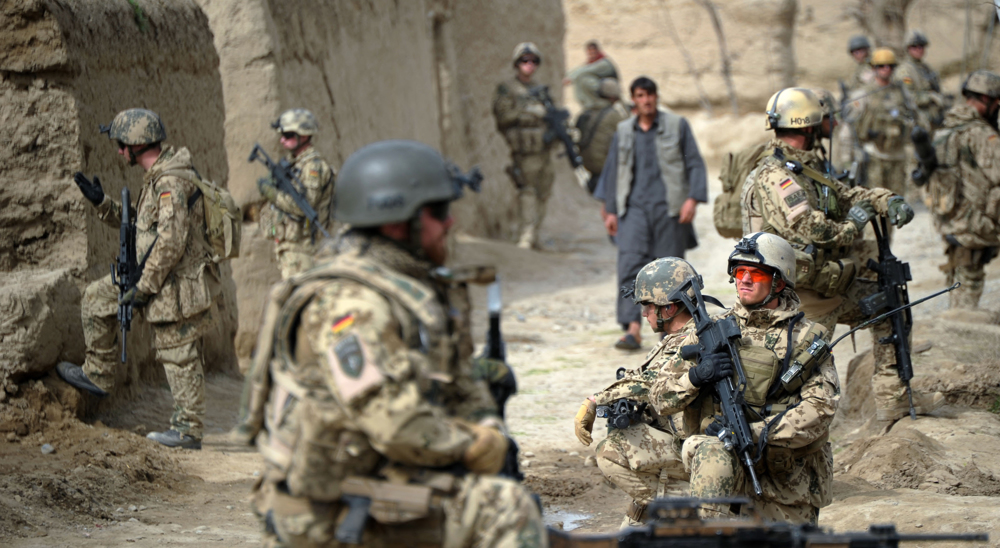
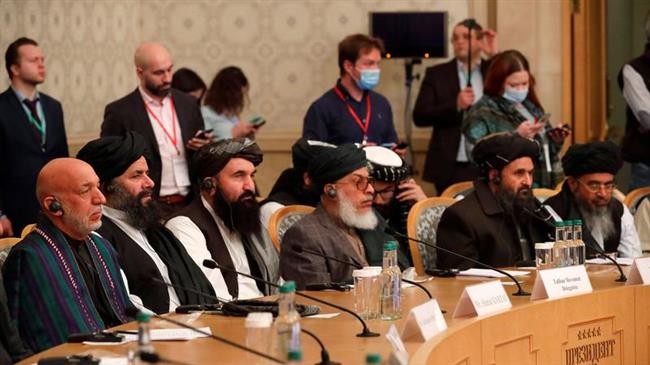

 This makes it easy to access the Press TV website
This makes it easy to access the Press TV website